Is algae a plant?
weebus
19 years ago
Featured Answer
Sort by:Oldest
Comments (18)
The_Mohave__Kid
19 years agoRelated Professionals
Towson Landscape Architects & Landscape Designers · Buford Landscape Contractors · Broadlands Landscape Contractors · Euclid Landscape Contractors · Fair Lawn Landscape Contractors · Indio Landscape Contractors · Spring Landscape Contractors · Maryland City Fence Contractors · Palo Alto Fence Contractors · Pennsauken Fence Contractors · Prior Lake Fence Contractors · Ramona Fence Contractors · Rutherford Fence Contractors · San Mateo Fence Contractors · Windsor Fence ContractorsThe_Mohave__Kid
19 years agogaryfla_gw
19 years agonazanine
19 years agoThe_Mohave__Kid
19 years agogaryfla_gw
19 years agoJohnnieB
19 years agoAlan_Tampa
19 years agofroggy
19 years agogaryfla_gw
19 years agocatalina_101
19 years agolycopus
19 years agononmember_gw
19 years agoalbert_135 39.17°N 119.76°W 4695ft.
19 years agoThe_Mohave__Kid
19 years agoamataspiderwick_aim_com
12 years agotaxonomist
12 years ago
Related Stories
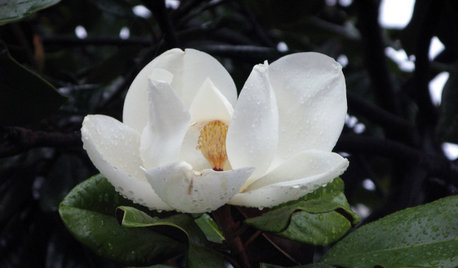
GARDENING GUIDES10 Top Native Plants for the U.S. Southeast
For a low-maintenance and wildlife-friendly landscape, use Southern natives that withstand heat and humidity
Full Story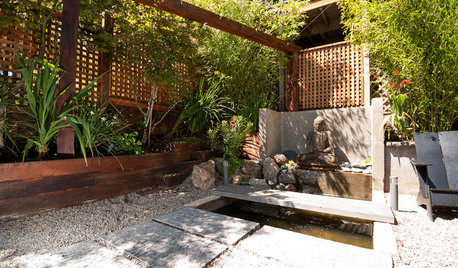
LANDSCAPE DESIGN3 Steps to Choosing the Right Plants for Your Patio
Make every plant count in your small city garden by considering these criteria before you buy
Full Story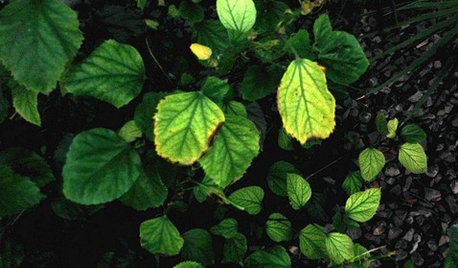
GARDENING GUIDESWhat's Wrong With My Plant? Leaves Often Hold the Clues
Learn how to identify common plant ailments by reading their leaves
Full Story
PATIO OF THE WEEKKoi Glide Around a Tranquil Garden's Moat
This idyllic retreat combines lush plantings, statues and moving water for a serene backyard scene
Full Story
HOUSEKEEPINGHow to Wash Your House
Avoid damage to siding and plants while getting your home's exterior shining clean, with this guide to using pressure washers and hoses
Full Story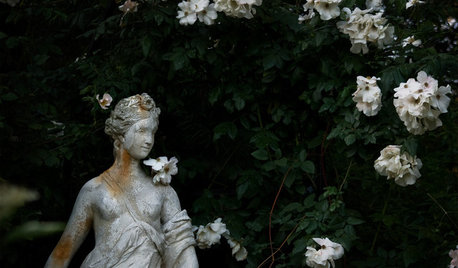
LANDSCAPE DESIGNGet the Mystery of a Gothic Garden for Yourself
Create an enchanting and tranquil scene with the stonework and wayward plantings of Gothic garden design
Full Story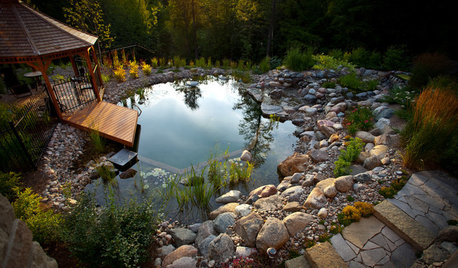
LANDSCAPE DESIGNNatural Swimming Pools: More Beauty, No Chemicals
Keep your skin and the environment healthy with a pool that cleans itself, naturally
Full Story
LANDSCAPE DESIGNEasy Ways to Manage Stormwater for Lower Bills and a Healthier Earth
Send cleaner runoff into local waterways and spend less on yard irrigation with these simple landscaping approaches
Full Story
GARDENING GUIDES13 Risks to Take for True Garden Rewards
Go ahead, be a rebel. Breaking rules in the garden can lead to more happiness, creativity and connection with the earth
Full Story
LANDSCAPE DESIGNTour a New American Garden in New Jersey
See how James Golden built his garden in a depression with wet clay and rogue cedars
Full Story





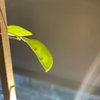
kelly_cassidy